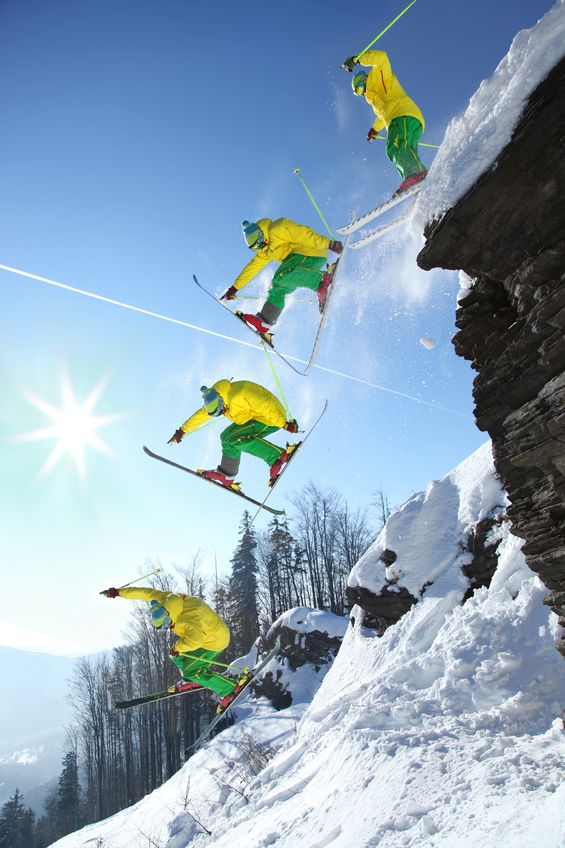Many of the world’s great companies have outstanding systems.
McDonald’s systems allow you to buy a Hamburger in Athens which tastes the same as one bought in Adelaide and fries purchased in London to look, smell and taste the same as fries purchased in Las Vegas – trust me – my waistline is testimony that their systems work perfectly!
Automobile companies, airlines, communications companies…everyone is into globalisation which means by necessity a reliance on standardised systems for product consistency.
Systems provide one thing above all — CONSISTENCY.
Systems provide a highly ordered, structured, standardised environment for the production of consistent product, people and profits.
Why do companies rely on systems? Because…
SYSTEMS provide CONSISTENCY
CONSISTENCY develops CULTURE
CULTURE develops SUSTAINABILITY
However: Greatness is UNIQUE. Greatness is DIFFERENT. Greatness is TYPICALLY…ATYPICAL.
Think of the greatest people in your industry. Why do we call them great? BECAUSE THEY ARE DIFFERENT!!!!
They see things, do things and create things that are unique and take the industry to new levels and in new directions. They break rules. They defy conventions. They take risks by trying new ideas. The did it first and because they took a risk or two, became the industry leader.
Systems do not create genius. Systems are designed to produce consistent quality and standardised outcomes but they do not create real leaders or real winners.
Anson Dorrance the great USA Soccer coach once said:
“We are poor at recognising genius. Some kid comes along who has had limited training but they have natural ability to score goals, beat opponents and see the game differently. They are potentially the next Beckham or Maradona or Ronaldo.
So what do we do?
We immediately put limits on them. We teach them to pass. We teach them to defend. We teach them to conform to our own philosophies about the game. We kill off their genius by putting barriers on them.
Instead, we should be learning from them – great players take the game to new levels and we should not restrain their genius by imposing our own limited views of what the game should be”.
This is also true of many companies who spend a lot of money finding the right people, then immediately put them into an internal training program to force them to act like, think like, behave like the “company way”- “this is the way we do it here” type of thinking.
Systems are all about WHAT – they teach WHAT TO DO to ensure consistency.
Genius is about HOW – really talented individuals do things differently. They take chances. They take what is known and challenge it with the unknown.
The ability to RECOGNISE AND NURTURE genius is critical for your business to succeed.
The same principle applies in business (talented managers and staff), in sport (talented athletes and coaches), in education (talented students and teachers) and even in families (talented children): stay true to the systems and culture that make you unique BUT empower, encourage and embrace talented people – give them an environment which provides them the opportunity to realise their full potential and the rewards for you, for them and for the organisation are limitless.
Summary
By all means create quality systems which give your organisation the consistency it needs to sustain competitiveness and produce high quality products and services.
However, your real edge will come from embracing change – from recognising GENIUS and providing it with an environment to grow, flourish and ultimately add value to your systems and structures.
Learn to respect difference. Learn to embrace uniqueness. Learn and grow from watching genius and the ATYPICAL.
Do not limit genius with your own limitations and paradigms: don’t put genius inside a box and force it to fit into barriers and restraints.
We work with people, teams and organisations to develop sustainable performance improvement through our unique, individualised performance enhancement process.
Experience the MOREGOLD difference.
Wayne Goldsmith

